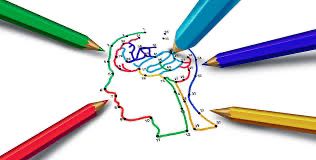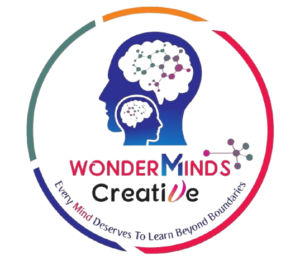
Pediatric Neuropsychological Assessment: An Overview
What is it?
A pediatric neuropsychological assessment is a comprehensive evaluation of a child’s cognitive, behavioral, and emotional functioning. It aims to understand how the child’s brain is working in areas like memory, attention, problem-solving, language, and social skills. This assessment helps in identifying any neurological or psychological issues that may be impacting the child’s development, learning, or behavior.
Who can do these assessments?
These assessments are conducted by pediatric neuropsychologists, who are specialized professionals with advanced training in both psychology and neuropsychology. They have expertise in understanding the relationship between brain function and behavior, especially in children and adolescents.
What is the Duration of Neuropsychological assessment ?
The duration of a pediatric neuropsychological assessment can vary depending on the complexity of the case and the specific areas being evaluated. Generally, the assessment process takes anywhere from 4 to 8 hours.
This time is usually spread over multiple sessions to ensure the child remains engaged and not fatigued. The sessions typically include a combination of interviews, observations, testing, and feedback, with breaks as needed to keep the child comfortable and focused. After the testing is complete, the neuropsychologist will spend additional time analyzing the results and preparing a detailed report, which may take a few weeks to finalize.
What kind of things are assessed?
The assessment evaluates a wide range of cognitive functions, including:
Intellectual functioning:
IQ, reasoning, and problem-solving abilities.
Attention and executive functioning:
Focus, impulse control, and planning skills.
Memory:
Short-term, long-term, and working memory.
Language:
Understanding, speaking, reading, and writing skills.
Visual-spatial skills:
Ability to perceive and organize visual information.
Motor skills:
Fine and gross motor coordination.
Emotional and behavioral functioning:
Mood, anxiety, social skills, and behavior regulation.
Why is it so important?
Pediatric neuropsychological assessments are crucial for identifying developmental, neurological, and learning disorders early on. They provide a detailed understanding of a child’s strengths and weaknesses, allowing for targeted interventions and support. This assessment helps in creating individualized education plans (IEPs), guiding therapy, and offering recommendations for home and school environments to support the child’s development.
What kind of tools are used in this?
A variety of standardized tests and assessment tools are used, including:
Cognitive tests:
Wechsler Intelligence Scale for Children (WISC), Stanford-Binet Intelligence Scales.
Memory tests:
Children’s Memory Scale (CMS), California Verbal Learning Test (CVLT).
Attention and executive function tests:
Conners’ Continuous Performance Test (CPT), Delis-Kaplan Executive Function System (D-KEFS).
Language tests:
Peabody Picture Vocabulary Test (PPVT), Clinical Evaluation of Language Fundamentals (CELF).
Behavioral and emotional assessments:
Child Behavior Checklist (CBCL), Behavior Assessment System for Children (BASC).
These tools help neuropsychologists gain a comprehensive view of the child’s cognitive and emotional functioning, leading to more accurate diagnoses and effective intervention strategies.
Frequently Asked Question
We offer a wide range of therapies, including occupational therapy, speech therapy, behavioral therapy, and sensory integration therapy.
If your child is showing delays in developmental milestones, difficulties in communication, or behavioral challenges, a consultation can help determine if therapy is beneficial.
The first session typically involves an assessment to understand your child's needs, followed by setting goals and creating a personalized treatment plan.
The duration of therapy varies depending on the child's individual needs and progress, and will be regularly reviewed by the therapist.
Yes, we provide regular progress reports to keep you informed about your child's development and the effectiveness of the therapy.
We offer guidance and activities for parents to reinforce therapy goals at home, ensuring consistent progress.
While it’s not always required, parental involvement is encouraged as it can enhance the therapy’s effectiveness and support the child’s development.
We offer both one-on-one and group sessions, depending on what is most appropriate for the child’s needs.
Our therapists are well qualified professionals with specialized training and experience in their respective fields.
Coverage varies by insurance provider, and we can assist you in understanding your benefits and how they apply to our services.
